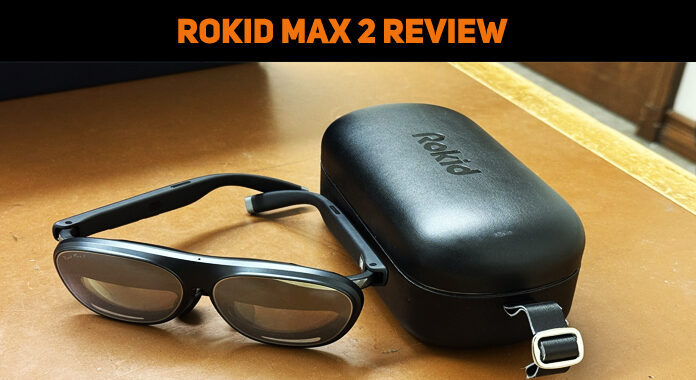Booting-up freezes and run so slow on my Windows XP Machine

There can be various reasons for a system to boost up and run very slow. It can be because:
– You have a virus or spyware in your system
– There is less space on hard disk due to:
o Installing a lot of applications on your system
o A lot of memory is consumed by temporary internet files you have not deleted from a long time
– There is not enough RAM for the program you're trying to run
You can resolve your system’s poor performance problem by adopting any or all of the solutions below:
Solution1:
Check your system for viruses with an updated version of whichever antivirus you are using. It would be even better if you use full featured antivirus instead of a trial version.
I would recommend you to use HDDScan. It is a freeware program which helps you to detect viruses, Trojans and network worms. It can also fix all the problems related to RAM failures, hard disk problems and Registry problems.
-You can download HDDScan Installer from the link below:
-For an older version, click the download link below:
Solution 2:
Every time you browse the Internet your browser stores information on your computer as Temporary Internet Files, browser history, and website cookies. These Temporary Internet Files (if not removed) can take up a lot of hard drive space and can slow down your computer. That’s why it’s recommended to delete Temporary Internet Files every once in a while.
Every browser is different, so you can do a search on Google on How to delete Temporary Internet Files in Internet Explorer, Firefox, Chrome (or whatever browser you are using).
You can also delete the files using the following method:
• Restart your computer, keep pressing (F8) key during the startup. You will see the Windows Advanced Option screen.
• Here select Safe Mode and press Enter.
• On startup, the Desktop dialog box will appear, click YES.
• Then open start menu by pressing the Windows key and select Control Panel.
• Click Network and Internet connection category and then Internet Options icon.
• When then Internet Options dialog box appears, look for browsing history.
• Check the "Delete browsing history on exit" check box and then click the Delete button.
• In the Delete Browsing History dialog box check all the check boxes to delete all browsing data. Note: uncheck Form data and Passwords if you do not want to delete the information and passwords you have saved for different websites.
• Then click Delete button. Click Apply and OK. Now you may restart your computer.
Solution 3:
Now it’s time to get some more free space on your computer’s hard drive. You can use the Disk Cleanup utility in Microsoft Windows to do this task. Disk Cleanup removes unnecessary files and compresses files that have not been accessed over a set period of time from your hard drives. To start disk cleanup follow the steps below:
• Open start menu by pressing the Windows key, then select Run and then type cleanmgr.exe and click Enter.
• The Disk Cleanup Options dialog box will open. Check all the check box on the Files to delete.
• Then click OK then click Yes. Wait for some time until the disk cleanup has finished cleaning up unnecessary files.
Solution 4:
Increase your system’s performance by performing a Disk Defragmentation. It will increase the speed by rearranging files stored on your hard disk. It is recommended that you schedule your disk defragmenter to automatically perform this task once a week if not daily. To run Disk Defragmenter follow the steps below:
• Open start menu by pressing the Windows key, click All Programs, click Accessories, click System Tools and then click Disk Defragmenter.
• The Disk Defragmenter window will open. Now right-click on the local drive C and select Defragment.
• Wait for some time until defragmentation is done.
Solution 5:
Remove programs from your computer which you don't use or need anymore. This will release more space of your hard disk. To remove programs follow the steps below:
• Open start menu by pressing the Windows key, click Control Panel and then double click Add or Remove Programs.
• The Add or Remove Programs window will open. In the Currently Installed Programs list click the program that you want to remove, and then click Remove.
• If you are prompted to confirm the removal of the program, click Yes.
• Use the same steps for removing other unused programs.













